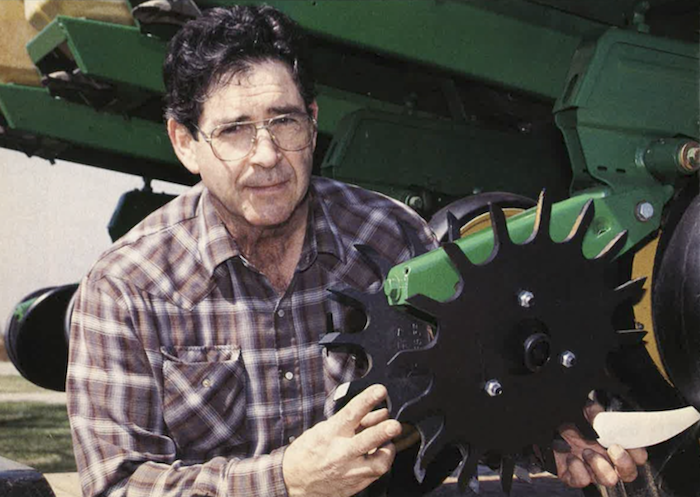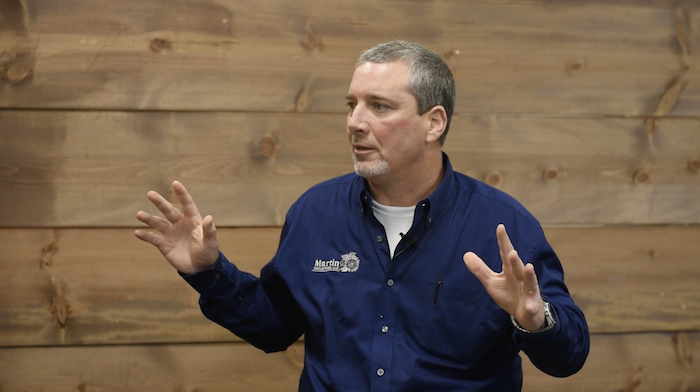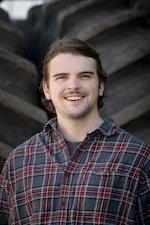
Howard Martin, founder of Martin Industries patented the first ground-driven trotary row cleaner in 1988.

Steve Martin, Howard's son, is now president of Martin Industries.
Visit www.farm-equipment.com/innovators-docuseries to view this and the other episodes in the series.








Post a comment
Report Abusive Comment